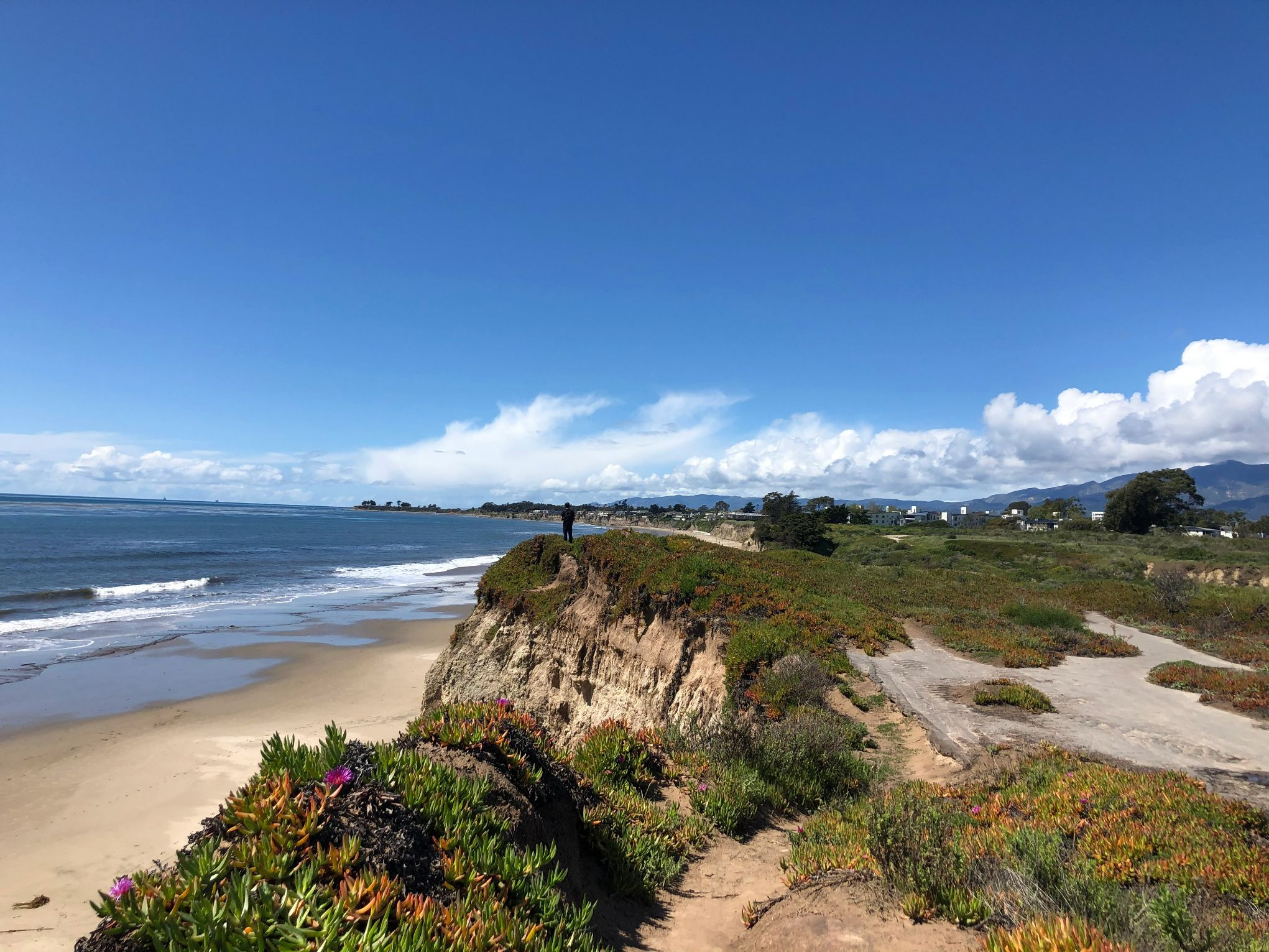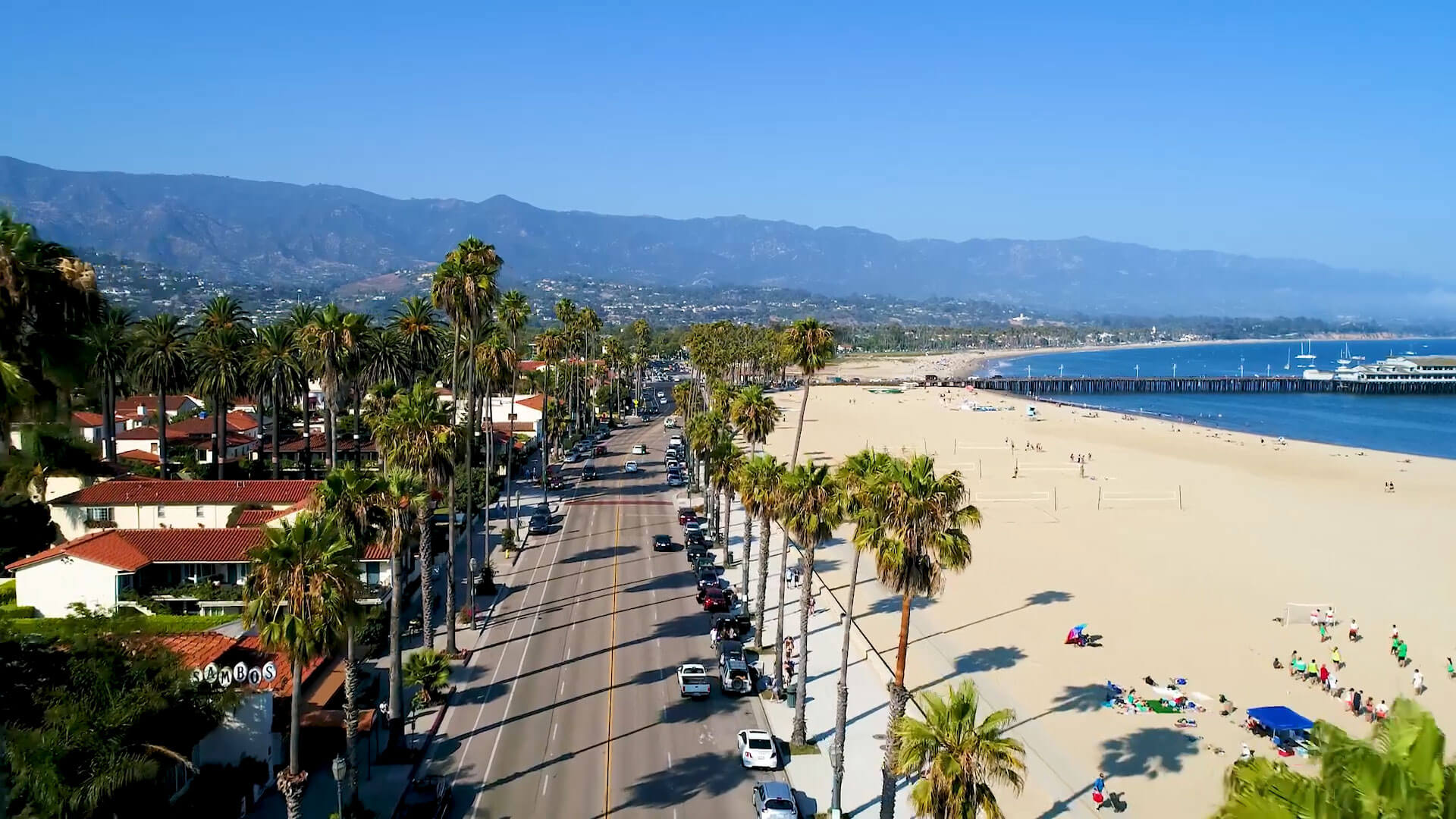California Representative Monique Limon has introduced a bill that we believe is unconstitutional, goes against the Coastal Act of 1976, and will be ripe for litigation if passed. Any short-term rental operator along the coast should be ready to act should this bill pass.
California has long been at the forefront of progressive legislation, aiming to protect the rights of its residents and preserve its natural beauty. However, not all bills introduced align with these intentions. In the case of Bill SB 584, introduced by Limon, concerns arise regarding its potential violation of the 14th Amendment of the United States Constitution and its contradictory nature to the California Coastal Act of 1976.
Brief excerpt from Bill SB 584:
“This bill would, beginning January 1, 2025, impose a tax on the occupancy of a short-term rental in this state at the rate of 15% of the rental price of the short-term rental. The bill would define “short-term rental” for this purpose to mean the occupancy of a home, house, a room in a home or house, or other lodging that is not a hotel, inn, motel, or bed and breakfast, in this state for a period of 30 days or less. The bill would require a short-term rental facilitator, as defined, to collect the tax in the case where the facilitator processes the payment for the rental. The bill would require the operator, as defined, to collect the tax where no facilitator processes payment for the rental. The bill would require all revenues, less refunds and reimbursement to the CDTFA of administration and collection costs, be deposited in the Laborforce Housing Fund.”
The 14th Amendment of the United States Constitution is a cornerstone of civil rights, ensuring that no state shall “deny to any person within its jurisdiction the equal protection of the laws.” SB 584, however, raises questions about its compatibility with this fundamental principle. The bill disenfranchises a certain category of taxpayer from those that are similarly situated and further limits coastal access by impacting certain groups, potentially infringing upon their right to equal protection under the law. The group most impacted are those seeking affordable accommodations along our California coastline.
One of the primary concerns regarding Bill SB 584 is the potential for discriminatory outcomes. By limiting coastal access in certain areas through higher taxation than hotels, the bill could disproportionately affect lower-income vacation seekers and communities of color, denying them the same opportunities to enjoy California’s magnificent coastline. This creates an unjust disparity in access to public resources, running counter to the principles enshrined in the 14th Amendment and the Coastal Act of 1976.
Most recently, a similar Bill was presented in Hawaii (and tabled), HB 820.
One speaker said it perfectly:
“This bill violates the United States Constitution as well as the Hawaii State Constitution. It disenfranchises a certain category of taxpayer from those that are similarly situated. It is discriminatory in that it does not treat all providers of transient accommodations the same,” Chang wrote to lawmakers.
It is crucial to consider the historical context of coastal access. Many communities have fought for years to secure their rights to enjoy the coast, and SB 584 threatens to undermine those hard-fought victories. Equal access to natural resources should be upheld, ensuring that no person or community is left behind due to economic disparities.
The California Coastal Act of 1976 is a comprehensive law designed to protect and preserve the state’s coastal resources for current and future generations. It establishes a framework for balanced land use and public access to coastal areas. Bill SB 584, however, contradicts this established framework by imposing a different taxation rate impacting public access and favoring the more expensive hotel stay in Santa Barbara.
The act’s fundamental objective is to maximize public access to the coast. SB 584 runs counter to this goal by an added tax of an additional 15% to this class of vacationer, further limiting access to California’s beaches, bluffs, and coastal areas. This limitation not only diminishes the spirit of the California Coastal Act but also undermines the values upon which it was founded.
Bill SB 584 California, introduced by Limon, raises significant concerns regarding its potential violation of the 14th Amendment’s equal protection clause and its inconsistency with the California Coastal Act of 1976. Its discriminatory nature could result in unequal access to California’s coast, disproportionately affecting marginalized communities and hindering the principles of low-cost visitor-serving accommodations and public enjoyment of coastal resources.
At a time when so many Americans are feeling the squeeze of inflation, interest rates are the highest in decades, and many are being laid off, why on Earth would someone introduce a bill that infringes on a person’s ability to find respite by unfair taxation on accommodations that make travel possible for many of these individuals. It is essential for lawmakers and citizens alike to scrutinize bills like SB 584 to ensure that they align with the principles of equality and justice. Protecting the rights of ALL individuals to access and enjoy the natural beauty of California’s coastline should remain paramount, preserving a treasured resource for generations to come.




